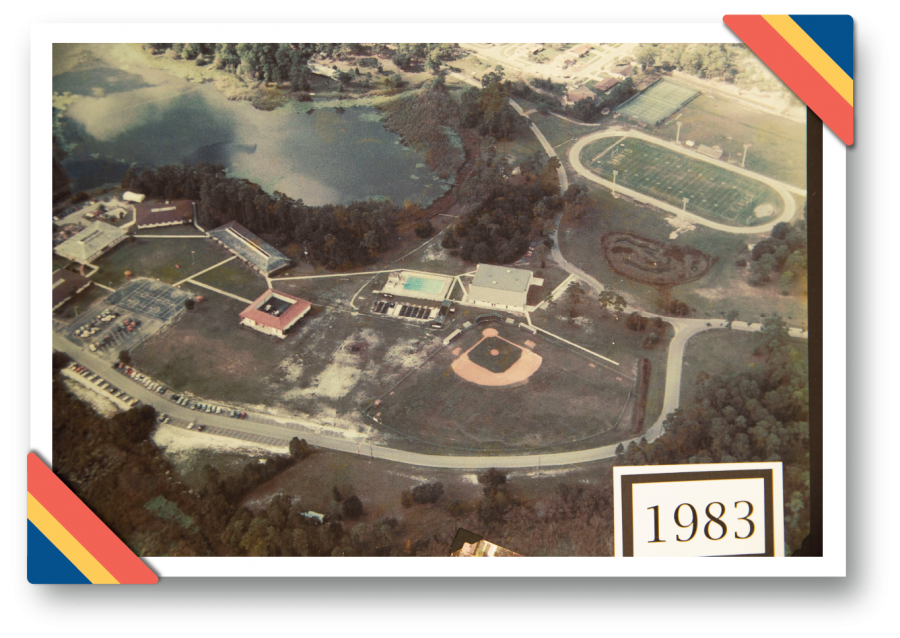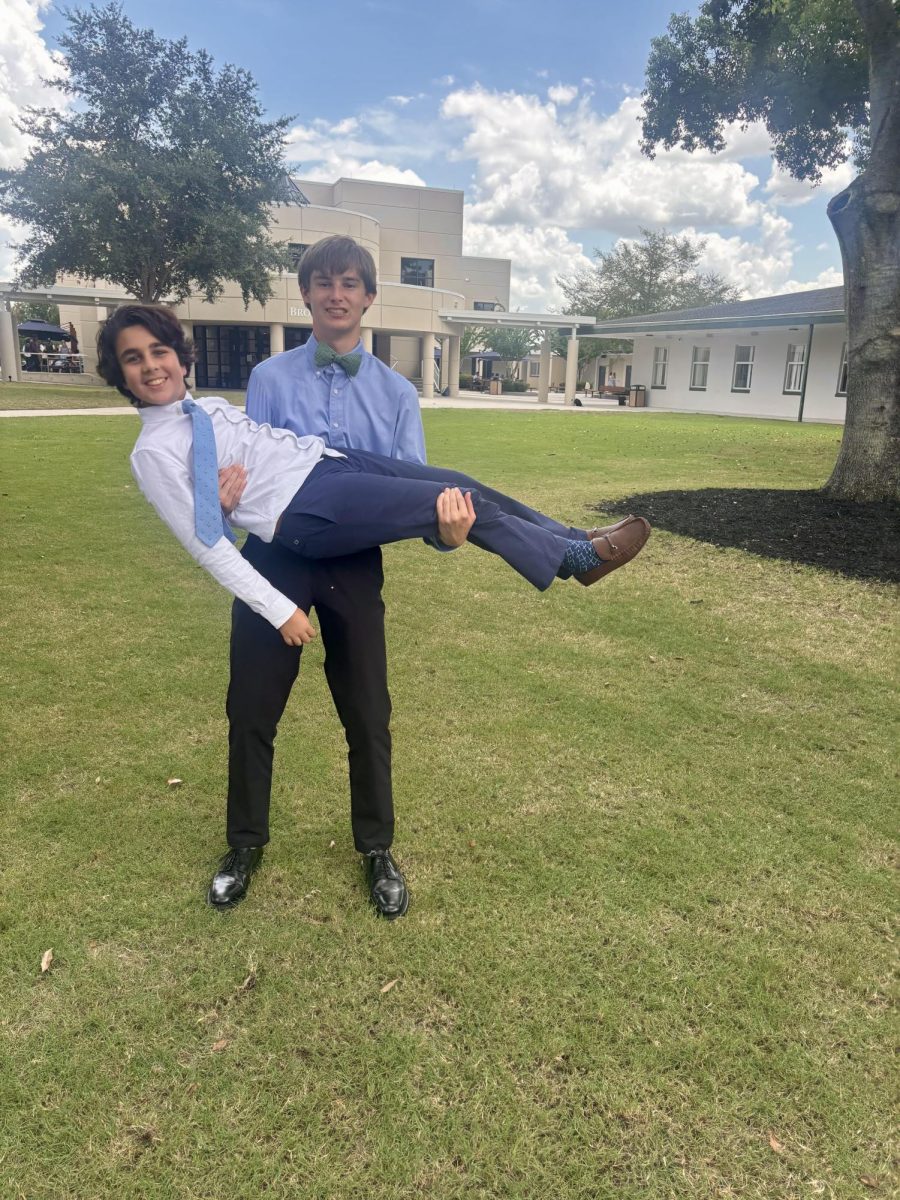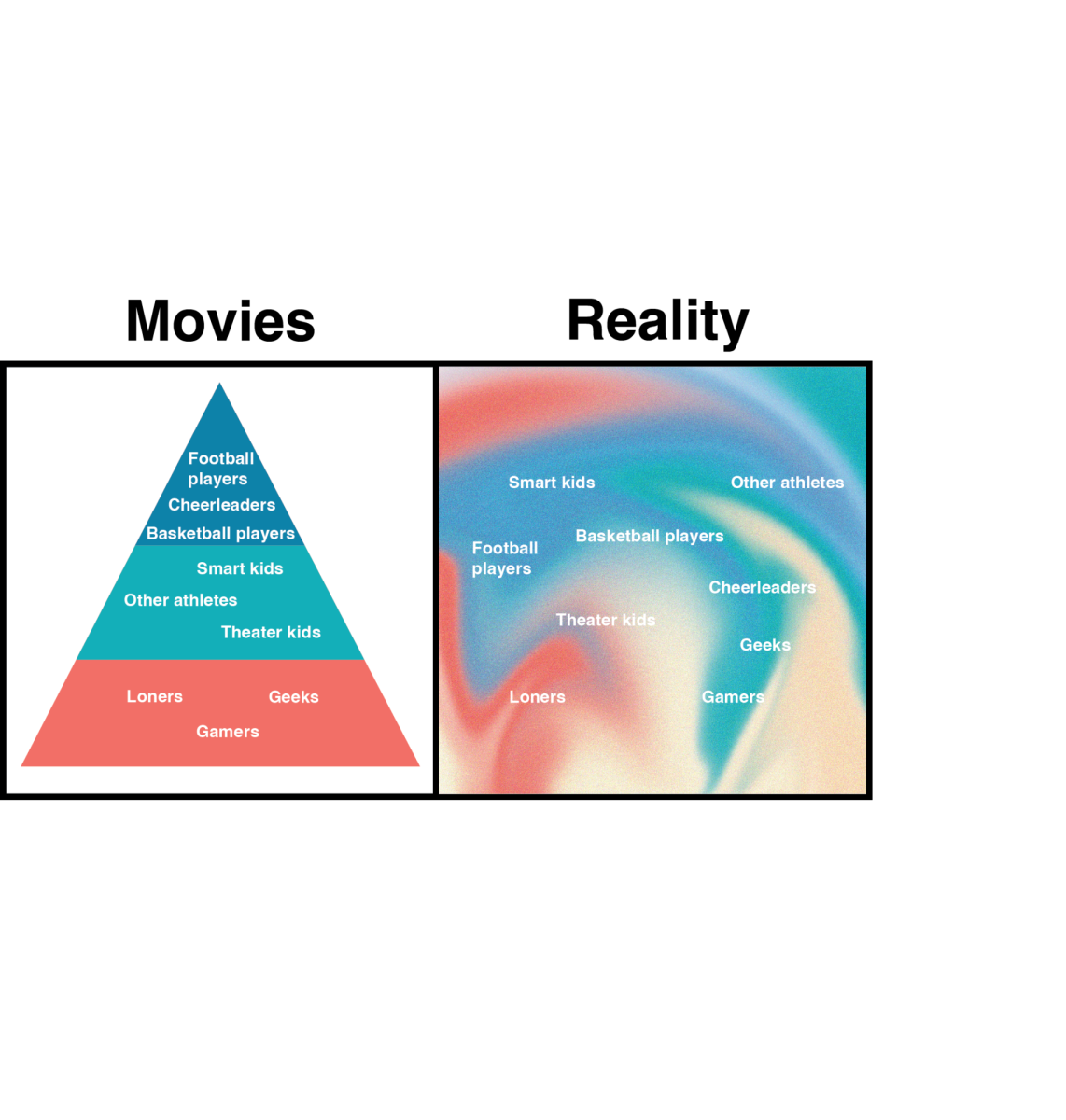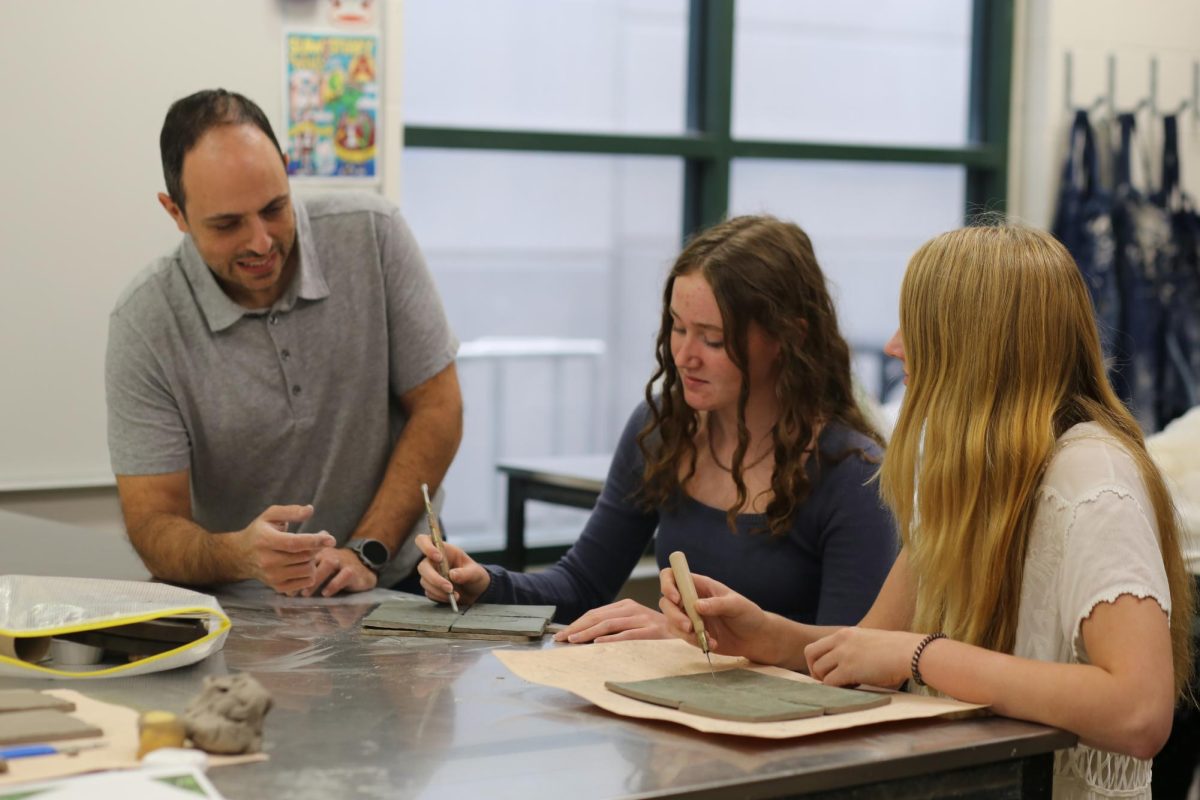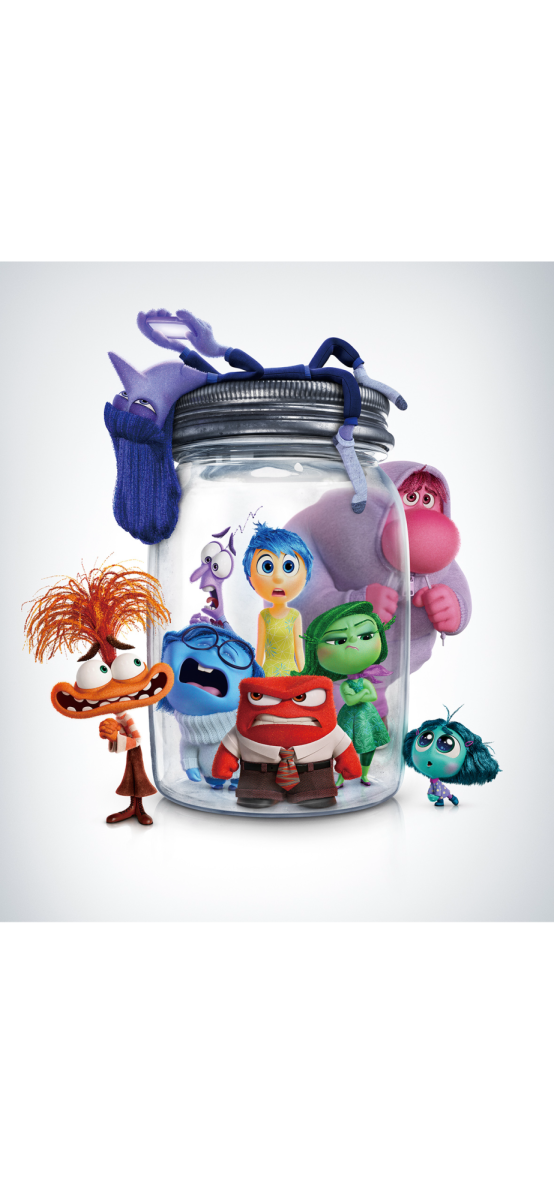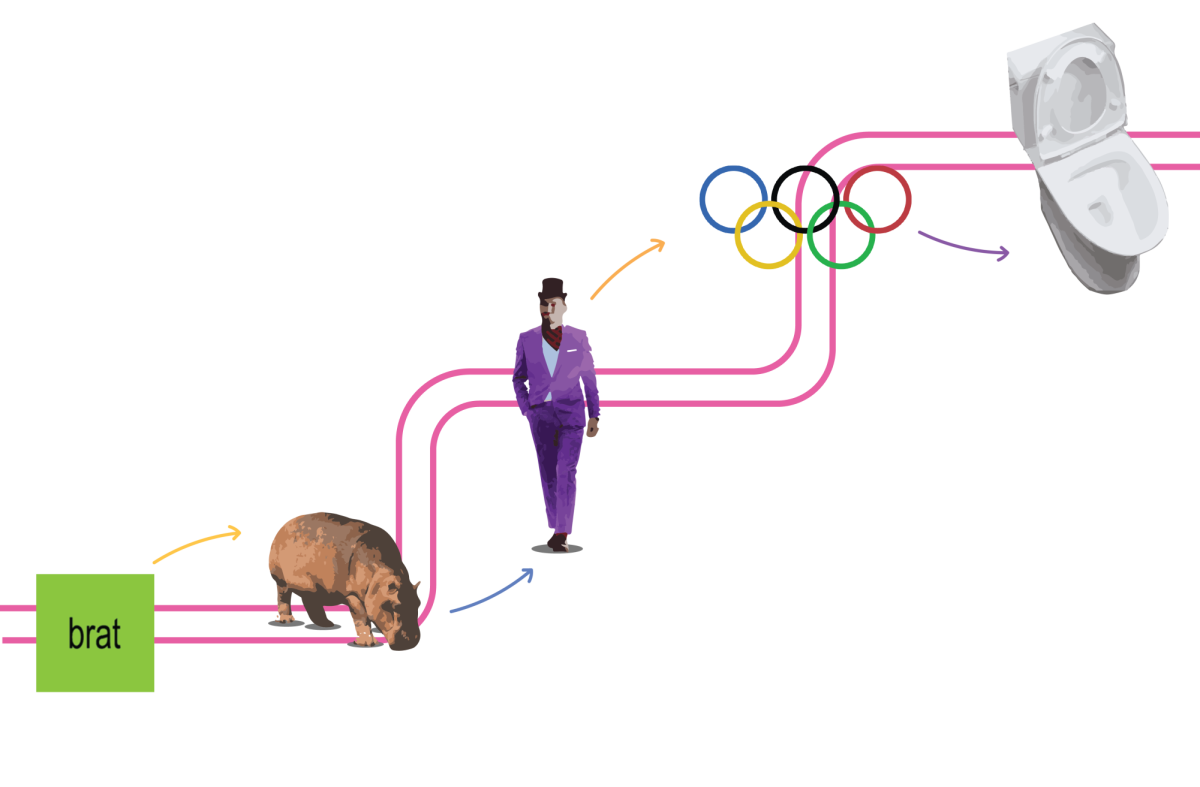Everyone knows the story. It’s Headmaster’s Day, the juniors swim across the canal and line up against the seniors for the annual rope pull. On the blow of the whistle, the juniors climb on to the rope in desperation. While the seniors will almost certainly win, the juniors pull desperately in the hopes of flipping the script just this once.
Just like the Rope pull, Senior Rock, Homecoming, and hard AP classes, all Trinity alumni have shared similar experiences.
“Trinity has always been a place of great academic rigor and a place where students could have individualized help,” 1978 Alumna and current Director of Alumni Relations Elizabeth Mcintosh said. “The teachers have always cared so much about their students’ academic success and revolve everything around them.”
While many of these traditions have remained over the years, some aspects of Trinity have evolved. Whether it is physically, academically, or socially, the school has had to grow and adapt to the needs of their students as the years have gone by. One of the distinct ways it has changed is its diversity. English teacher and 2002 Alumna, Melanie Farmer, notes that the student body is significantly more diverse ethnicity-wise nowadays than it was in her time.
Academically speaking, Trinity has not stopped updating its curriculum, course offerings, and extracurriculars. The school has expanded its various opportunities such as sports like bowling and lacrosse and clubs like quiz bowl and model UN, none of which were here when math teacher and alum Eric Schneider attended Trinity.
This has been due to the flexibility of the club system, with clubs with enough support being able to emerge and clubs left unattended to dissolve.
“Clubs have always been self contained and student driven and responsive to the needs of the kids,” English teacher Dean Rhoads, the longest tenured teacher in Trinity history, said.
The vast increase in extracurricular options at the school has increased its appeal, causing Trinity to rise to the number one school in Orlando as ranked by Niche, a popular school and college ranking website.
However, Schneider said the increased prestige has led to an unhealthy competitive environment.
“I feel like that pressure has only increased,” Schneider said. “There seems to be a sense of competition amongst the students that I don’t see as particularly healthy.”
However, history teacher William Milsten believes there has always been a competitive nature between students.
“I can think back to the old days, when I was in charge of Student council, how competitive the races were,” Milsten said. “People were losing their minds on Student Council. We would count votes and you’d have a race where there’s 130 kids in the class, where only 50 of them voted and somebody would win 26 to 25. That’s something that has not changed at all, [the] competitiveness has just always been here. It’s just this kind of drive. You know, the ‘we’re gonna compete and we’re going to fight’ mentality.”
Along with academic and social changes, Trinity’s campus has experienced physical changes. The school has been updated and renovated over the years to accommodate its needs.
“Brokaw Hall used to be an old, leaky building and the renovation to two stories was definitely needed,” Milsten said. “The Grille used to be an unenclosed area called the Pagoda which was extremely hot in the summers and freezing in the winter.”
The school’s effort to renovate the outdated parts of campus has come to the forefront. Along with Brokaw Hall and the Grille, the Rich Library was also renovated after Trinity’s founding. The school has also added complete buildings like the Maughan Administration Center and the Race Athletic Center.
When Rhoads first arrived on campus, the library was an old, rectangle shaped building. The Rich Library has now become a spotlight for prospective students and parents on campus and has become a staple for its large glass roof and windows.
In addition, before the Maughan Administration Center and auditorium were built, theatrical performances and chapels were conducted in the Witmer Science Center.
All of these physical changes have benefited the students, as the new facilities have allowed for a better learning experience overall.
However, some controversial changes have also occurred.
Hannah Parker, a 2013 Alumna and English teacher, said that various school traditions have been stopped or cracked down upon.
“Things like senior pranks, mock assembly, powderpuff dances, and water day used to be school traditions, but certain classes who took things too far had ruined traditions for the classes after them,” Parker said.
Despite some of the restrictions and burdens that are put on students, Trinity’s history shows how it is a lot more modern today.
Reverend Canon A. Rees Hay, the first headmaster of Trinity Preparatory School, said it best in his book, “A Dream Realized: A History of Trinity Preparatory School.”
“The real history of Trinity cannot be recorded,” he wrote. “It’s locked in the hearts and in the minds of those who attended Trinity.”




